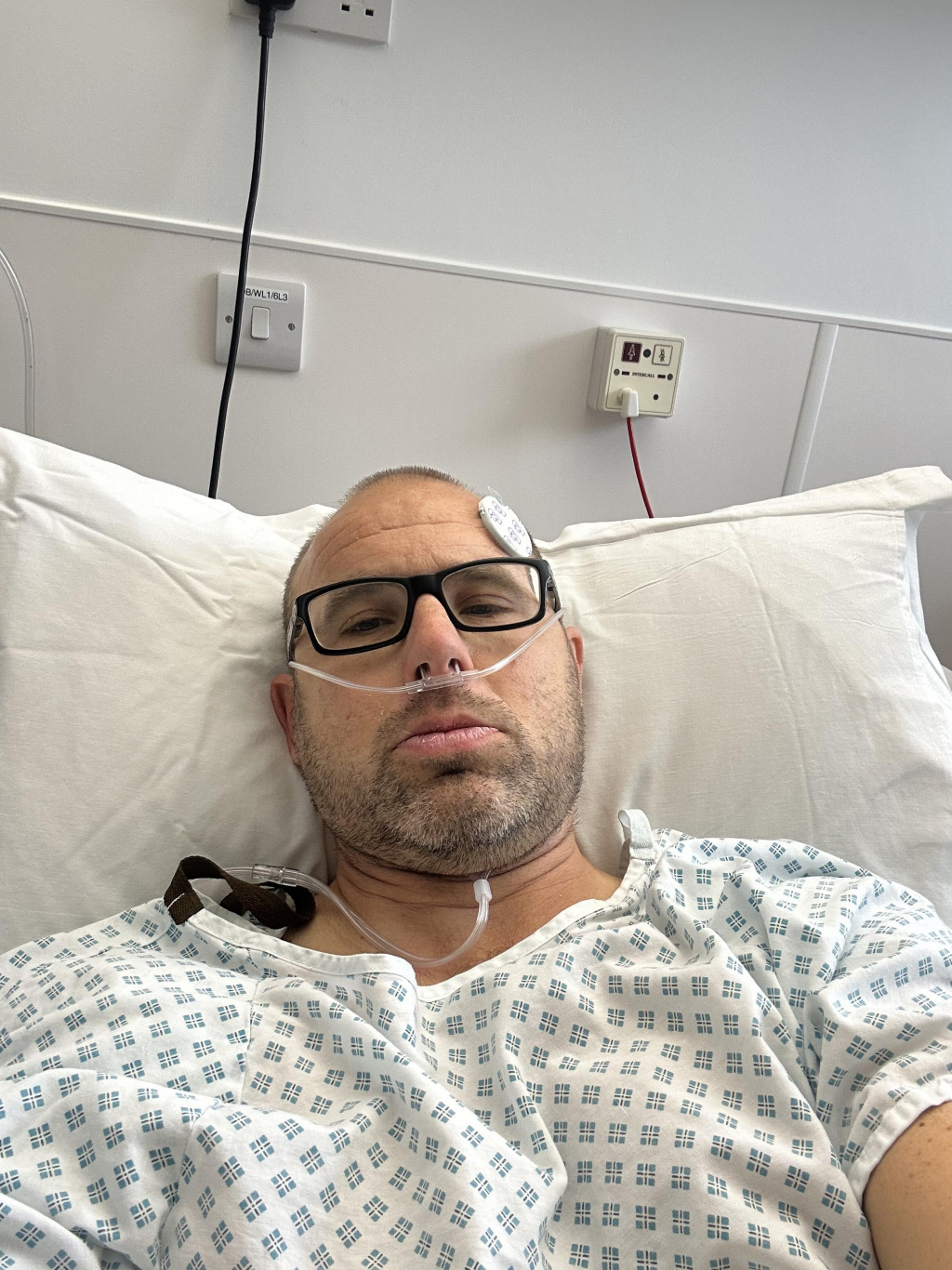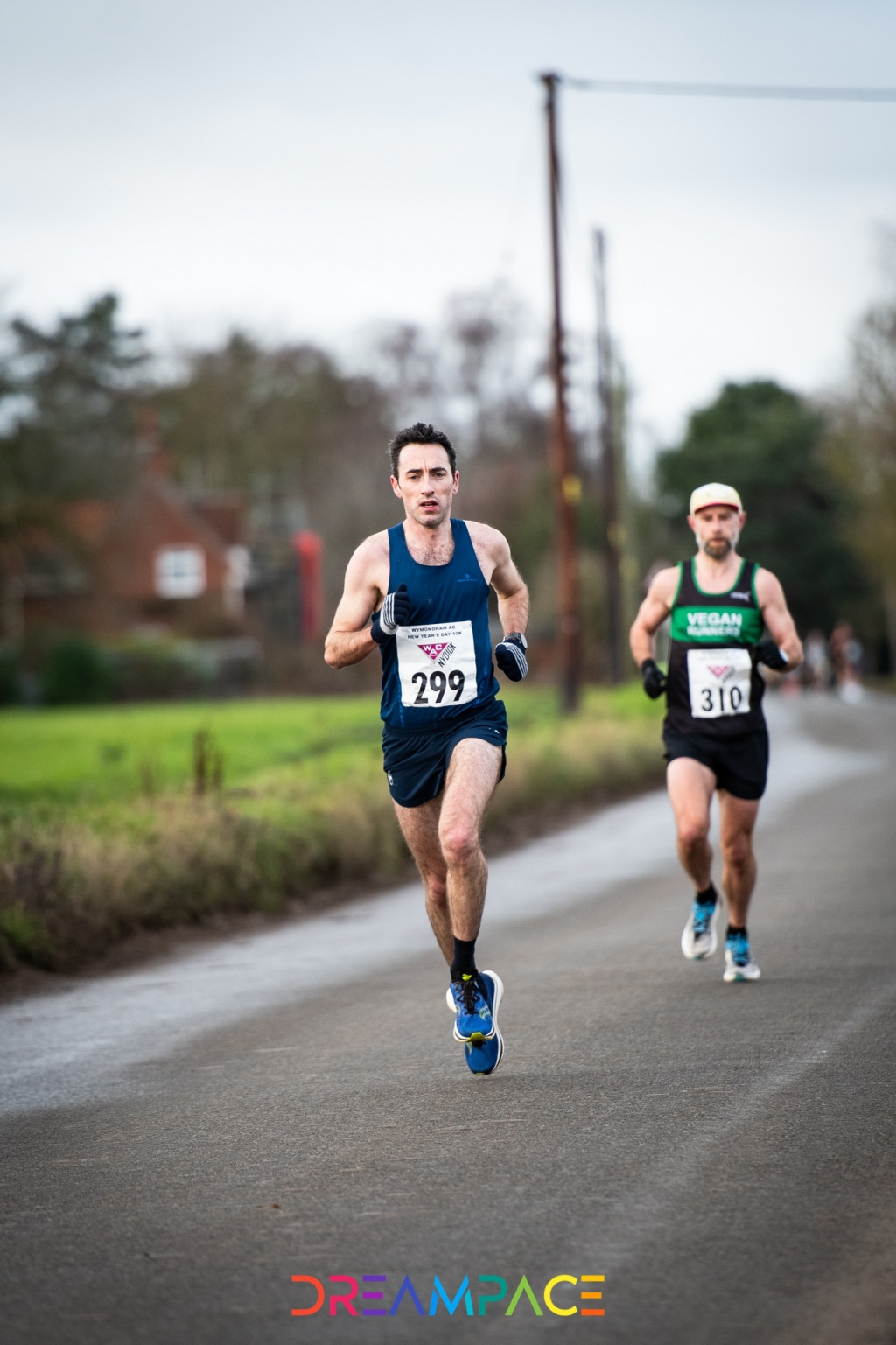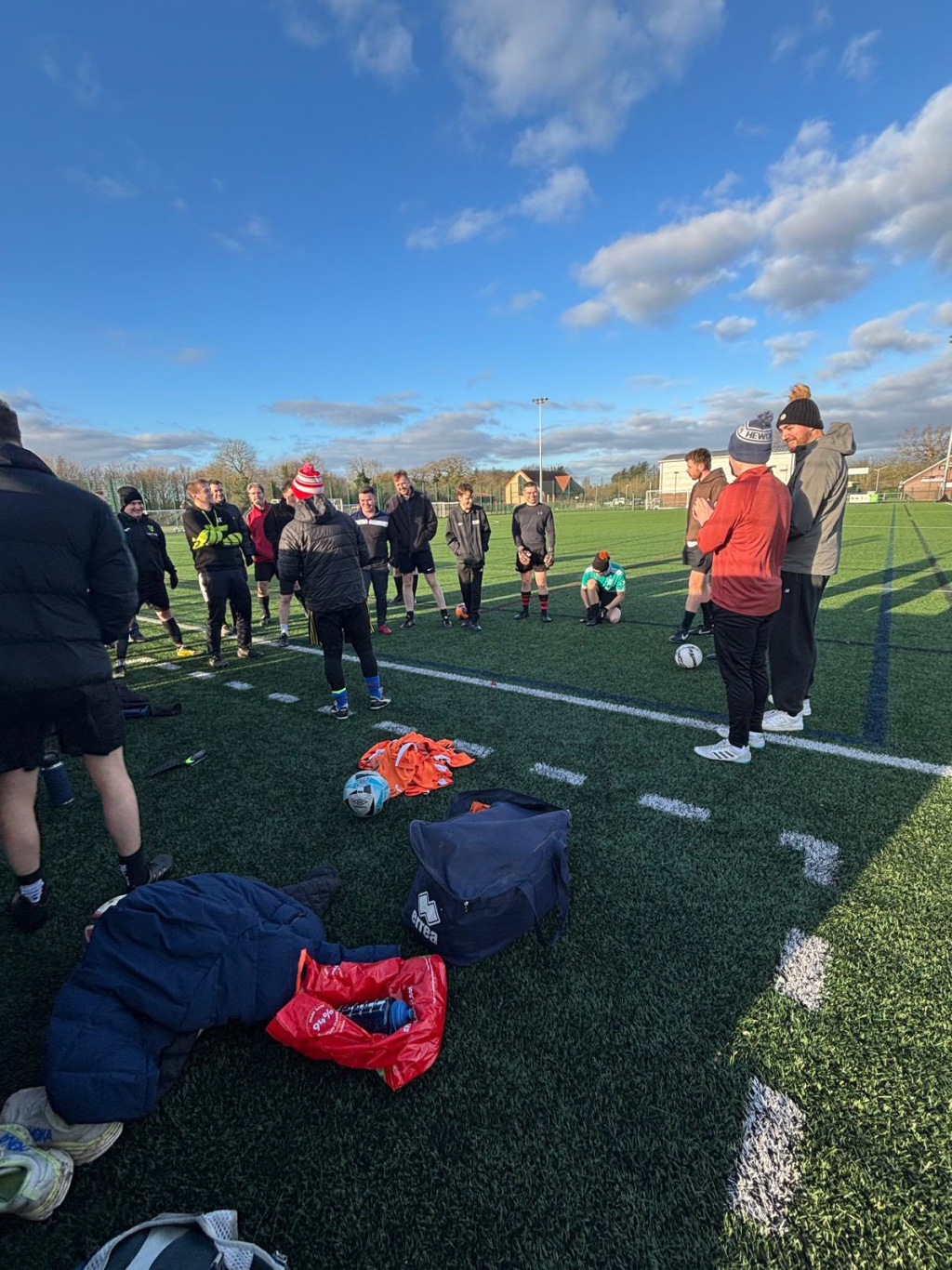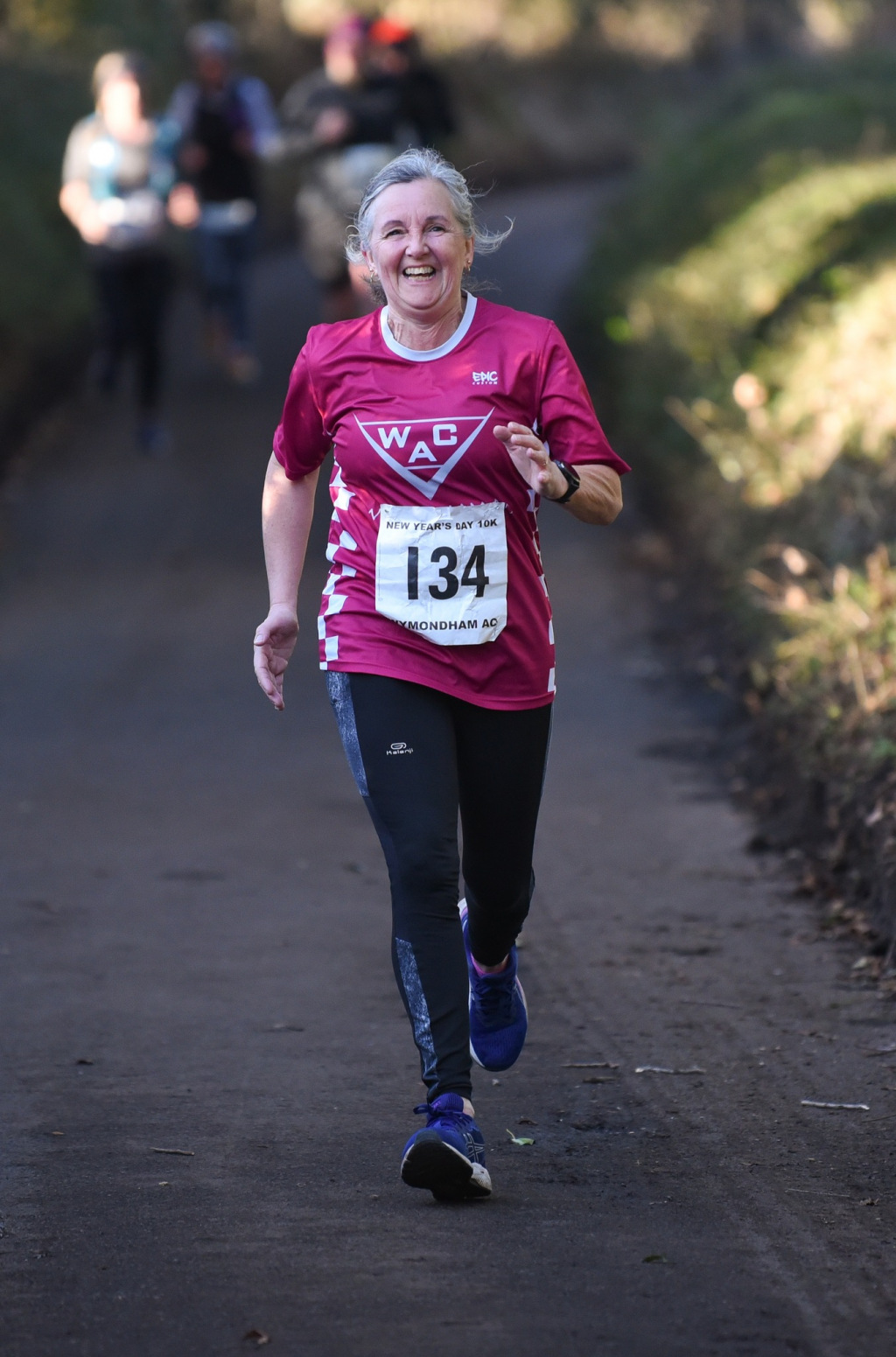Like a large percentage of the population, at some point in your life you may 'put your back out'.
For most of us that may be some acute muscle discomfort or some slight mild sciatica, which given some rest, gentle mobility exercise and pain relief will probably disappear in a few days or weeks. However, like a small percentage of people, this may be a bit more sinister and involve a prolapse of one or more of your discs in your spine.
Two years ago I prolapsed 3 of my discs, L3, L4 and L5. After 3 months my sciatic discomfort didn't go away and the pain gradually increased. Turn the clock forward to a month ago and after two MRI scans, a failed nerve root block procedure, copious amounts of pain killers that didn't do much, poor quality sleep and little to no exercise, I finally went under the knife and had a triple discectomy and nerve decompression.
In simple terms, this is a procedure that involves the prolapsed discs being 'trimmed away' from the nerves they are resting on which hopefully relieve the pain. Now, apart from an unexpected side effect of the procedure (loss of feeling and sensation in my left leg, that will eventually return to normal), the surgery was a huge success. But what should you expect when it comes to recovery?
Being relatively active and fit, the biggest element that I wasn't prepared for was fatigue. For the first two weeks of post op recovery, I pretty much didn't do anything but rest flat in bed, not only to allow my back to rest but because I couldn't really stand up due to the fatigue in my legs. because of this I also had to wear tight compression socks to prevent the risk of clots due to my procedure and my immobility. After the first week I did start to gently walk around the garden but this was limited to 5-10 minute efforts, 2-3 times per day. I also had to factor in walking up and down the stairs to do this and to eat my meals, this in itself was a tough challenge some days.
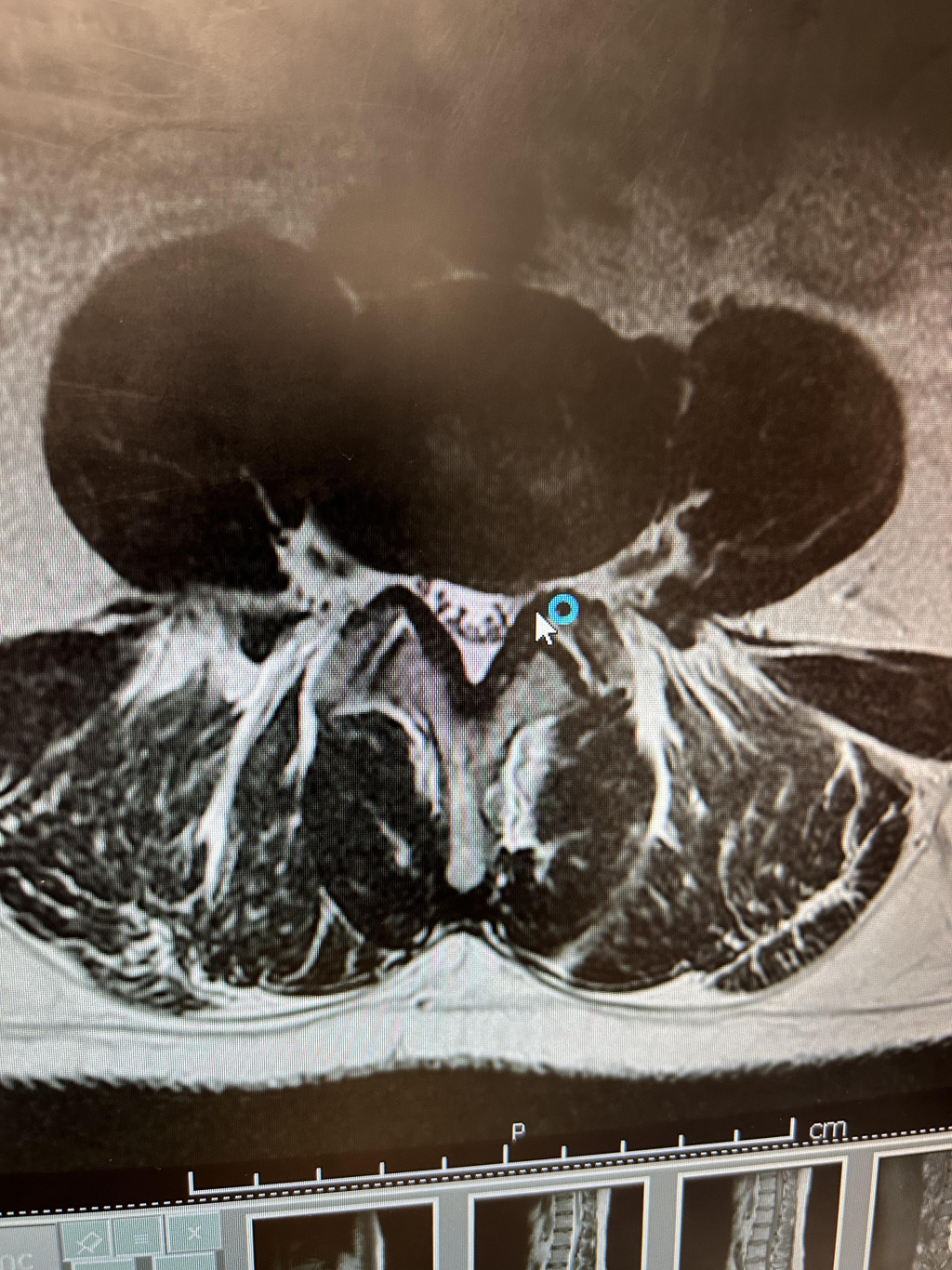
In week two, I also started my physiotherapy plan. This plan was written specifically for me and is scheduled to last for 6-12 months and highlighted in detail what I should and shouldn't do each week/month for the foreseeable future. Simple exercises done 3-4 times a day to help a) re strengthen my core muscles and b) re adjust my posture which had become bad due to my pain. At this point I was only permitted to sit in a chair (sofas and comfortable chairs not included) for a maximum of 15 minutes, I was only permitted to stand up statically for a maximum of 1-2 minutes, otherwise I was to lay in bed, all to minimise excessive load on my spine and keep potential inflammation to a minimum.
Week 3-4 I went back to work, which as a Personal Trainer was tough! 3-4 hours of work per day was the limit as was lifting anything over the weight of a can of beans (for 12 weeks). At this point I couldn't drive due to the numbness in my leg, so relying on my wife and some of my incredible clients as my taxi was essential. For the first few days all was good, but by the end of the week by legs were very tired, so using a walking stick increased.
Looking ahead, I am not permitted to sit in a sofa or soft chair until the end of September and exercise is strict, limited to only a few things. My physio also broke the news that due to the extent of my surgery, there are some exercises that I won't be able to do again, so this affects my work to some degree, purely due to the risk of further prolapse. My compression socks come off at the end of week 4.
As well as the physical challenges and restrictions above what else have I had to come to terms with?
Well, I can't bend forward or reach up for 12 weeks, no big deal, but if you think about it, this affects a lot of things. For example, you can't dress yourself on your own, you can't shower yourself or lean over the sink to brush your teeth, you can't bend down to pick up your dog or cat. You have to adapt to the situation.
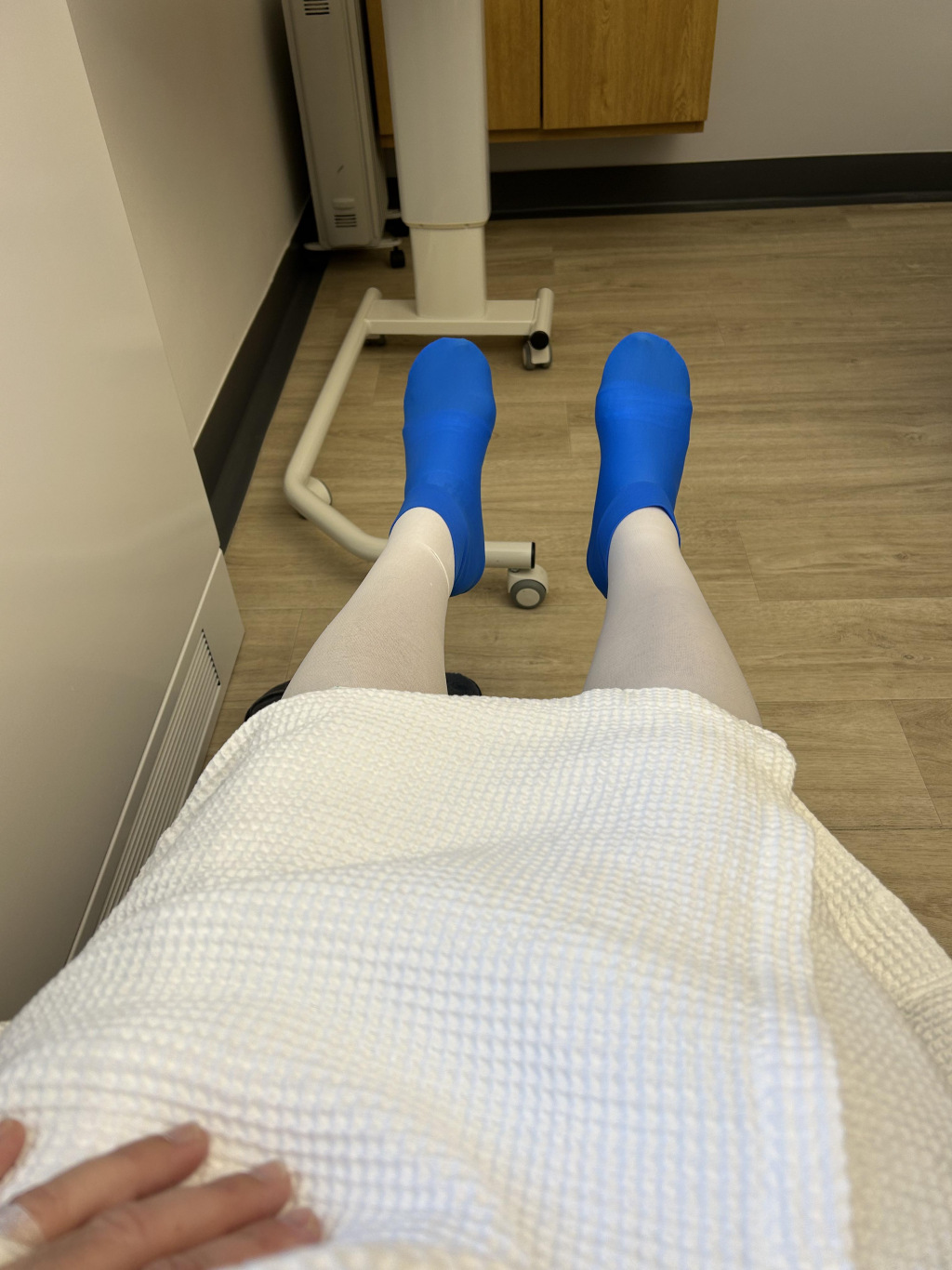
Add on to this slight weight gain as you are not moving much and getting out of breath doing the simplest of tasks, again because you are losing aerobic fitness. The situation puts a lot of pressure on your nearest to, in effect, become your part-time carer. This then tires them out both physically and emotionally.
So to summarise, having back surgery is a great thing, especially if like me you have been waiting months or years. But expect that potentially, the short and long term recovery will be a lot longer than you think. The 2 main bits of advice I would give would be to a) BE PATIENT and don't rush into getting back to normal too fast and b) FOCUS ON REHABILITATION BEFORE FITNESS
Having spent almost 30 years helping clients both with pre and post op injuries and rehabilitation, I would say these are the most important. Your mind may be ready to get going and the external scars may look good, but it's what is going on inside that you can't see that you have to consider!
It's worth noting that my personal situation could be classed as a little out of the norm, and those that have a single discectomy may well be on their feet and back to a normal life a lot quicker, but there's a good chance you will experience a lot of what I have but for a shorter period of time. Listen to your physio and follow the plan. Too much too soon and you could hurt yourself and go backwards - and no one wants that!




